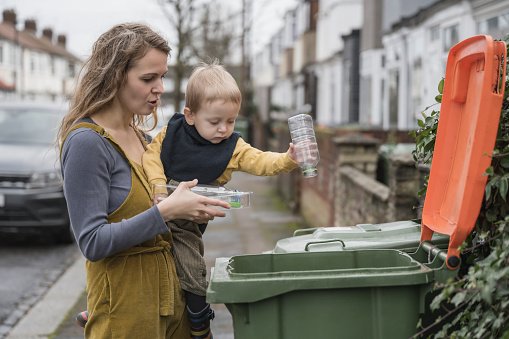Environment, Lifestyle, People, Sustainability
How to reduce plastic consumption?

How we can reduce the use of plastic in our lives?
Plastic has many uses in this time and age and is present in almost all products. They are everywhere: package products, additives in cosmetics, textiles, cell telephones, etc. However, it is non-biodegradable and the waste, when dumped in a landfill, harms the environment.
So, here are a few simple ways to cut off plastic from our day to day life:
- Avoid single-use plastics like straws for drinking:
Containers, bags, cutlery, and straws are often made out of single-use plastic. Switching to eco-friendly options like jute, bamboo, or steel products will be better in the long run.
- Try to carry a cloth bag if you go shopping:
Similarly switching to reusable cloth or jute bags while going shopping will help reduce the use of disposable bags.
- Replace plastic containers with steel/glass containers:
Switching to glass or stainless steel containers will reduce the amount of toxins plastic emits into your food and environment.
- Using wooden pegs instead of plastic pegs when drying out:
Even the smallest measures can have a significant positive effect on our planet. For instance, if one changes from plastic to wooden pegs, then something like hanging out clothes can also be a small step.
- Get your own thermos
Bringing your own coffee thermos is another means of reducing your plastic footprint. Usable coffee cups might look like paper but typically have polyethylene lining. Along with comes the plastic lid which is another big reason to avoid these. tronweekly.com
- Say no to disposable razors:
Instead of throwing a plastic razor into the trash each month, consider flipping to the razor that allows you to change just the blade when needed.
- Avoid chewing gums
There are reports that chewing gum contains polyethylene which is one of the most popular elements of gum base. It belongs to a common group of plastics and is used in products from plastic bags to hula hoops but now there are alternatives for that available at some stores.
- Practise bulk buying:
Buying in bulk reduces the total food impact on the environment since it saves on packaging waste. Individual products sold in supermarkets are mostly packaged in plastic. Most plastic packaging also contains harmful chemicals that can leach into water and soil, adversely affecting both the environment and the food chain. When you buy in bulk, it helps to save your costs along with lesser dependency on plastic.



